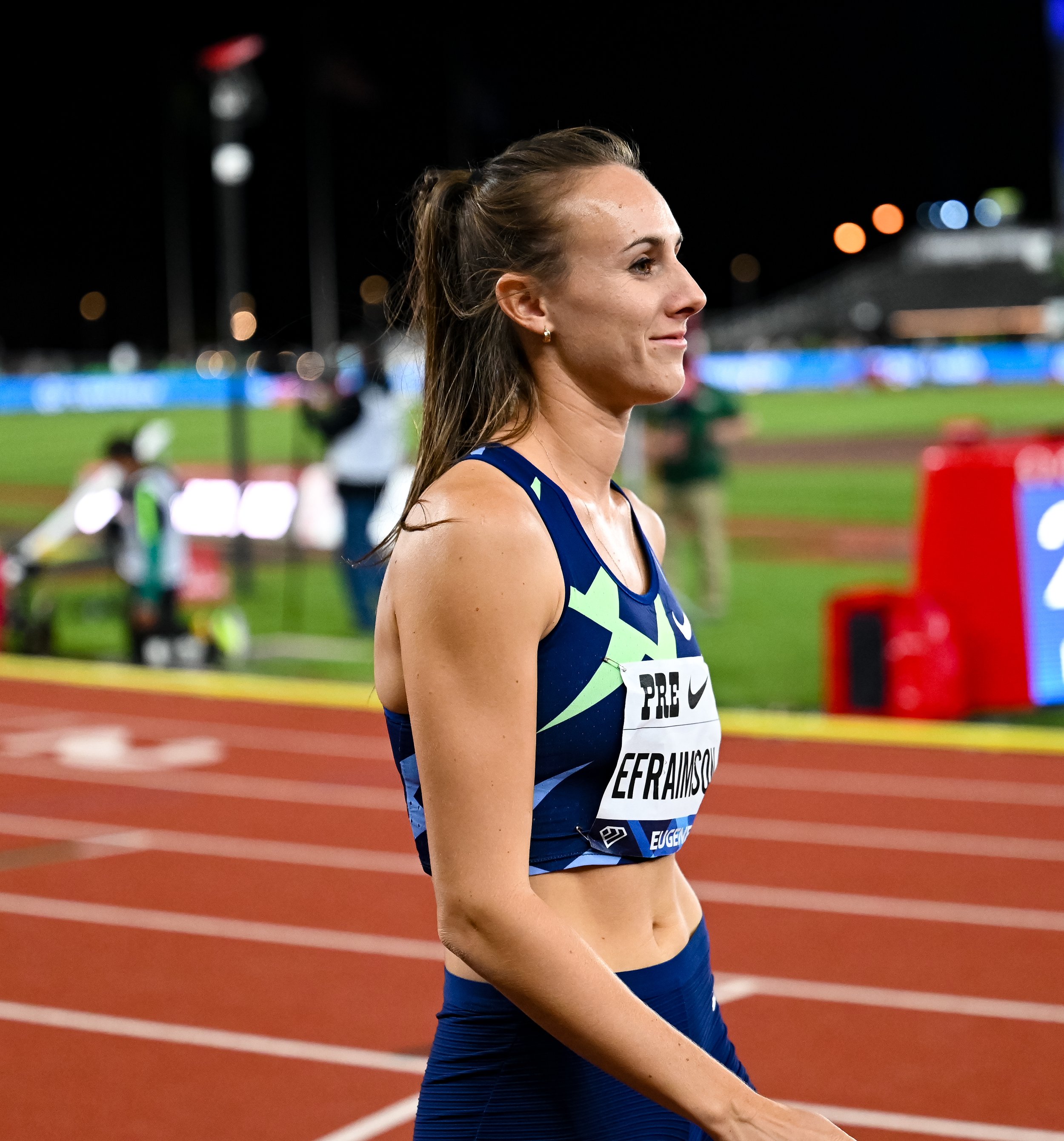More Than An Athlete: Moving Beyond The Athlete Identity
by Alexa Efraimson
Being an athlete encompasses more than just performances of games and races; it expands to the lifestyle and identity of an individual beyond a traditional career. When an athlete retires from their respective sport, there is a transition period that involves many changing facets, including identity, body, lifestyle, and habit changes. A 'successful' transition to retirement also depends on various factors: reason for retirement, personal development and value from an individual's sport, career achievement, social support, and education. The impact of this transformation and transition isn’t reserved solely for professional athletes. It ripples through the lives of every collegiate athlete graduating and even resonates with the high school athletes choosing a path that does not lead to college competition.
Most notably, continued athletic identity negatively correlates with retirement outcomes. Continued athletic identity occurs when individuals perceive themselves as ‘athletes’ after retirement, which affects self-perception, beliefs, qualities, and values.
I was a professional runner for eight years; I signed a professional contract with Nike when I was 17. Despite the privilege of calling time on my career at my discretion, I (still) struggled with the retirement transition, better defined as a retirement process. The athlete identity goes beyond how we describe ourselves; it includes our day-to-day routines and habits, values, body image, goals, and an unwavering drive.
About a year after I retired, I had the passing thought of “I’m not an athlete anymore”. It wasn’t sad or depressing; it was just a realization I hadn’t yet made. However, this fleeting thought allowed me to reevaluate deeply ingrained beliefs: the standard I held for how my body looks, my expectations for my exercise routine, the goals I set for myself, and even what I define as an athlete. I’m 27 now, and even though I feel healthy and active, that fleeting thought had me reevaluating if I still identify as an athlete. To confidently say I’m still an athlete would be to redefine those deeply ingrained beliefs and standards… but that acknowledgment is part of the retirement process.
When an athlete moves on from their sport, depending on the level of the athlete, they suddenly are, in a way, alone. The camaraderie of a team and the guidance and direction from a coach in planning goals and writing training plans - all vanish. The prescribed way of eating and fueling no longer dictates their choices. While the autonomy and freedom to choose how and when to move and how and when to eat can be freeing, it can also be a little intimidating. Even though I felt I knew how to move and exercise, I struggled to find a sustainable and enjoyable movement routine. How I looked at myself in the mirror went from frustration and disappointment in not seeing an athlete’s body (or what I defined as an athlete’s body) to the realization that my body doesn’t have to look a certain way anymore. But as I said, that took me over 12 months to realize, even though these notions seem obvious in retrospect.
For each factor described above, an athlete must evaluate and adapt upon retirement. While being an athlete provides many qualities and characteristics that are very proactive and admirable beyond sport, these qualities must redirect to fit what the athlete wants to do in the next phase of life. Sports provide athletes opportunities to practice resilience, mental strength and stamina, determination and motivation, confidence, and belief. How an athlete redirects these invaluable characteristics and lessons after retirement is up to them and will directly impact their life’s successes beyond their sport.
The transition process after retirement can be a journey laden with daunting uncertainty, occasional doubts, and even a tinge of melancholy. However, it is also an untapped opportunity to chase passions that have been sidelined, foster a healthy relationship with their mind, body, food, and movement, and savor a momentary pause. Athletes, often driven and relentlessly goal-oriented, seldom spare the time or energy to halt and appreciate the incredible journey their mind and body have undertaken.
We’ll dive into the most important and influential aspects that change when an athlete retires on March 27 for the “More Than an Athlete” webinar. We’ll cover body transitions, Intuitive Eating, mindset changes, and new ways to approach movement. This workshop will provide retired (and current!) athletes with valuable insights and practical tools to navigate the challenging transition from a sports-focused lifestyle to a more diversified, holistic, and balanced well-being.
Click here to save your spot inside the More Than An Athlete webinar
When: March 27th at 8pm ET/6pm MT
Where: Zoom
Cost: Free!
